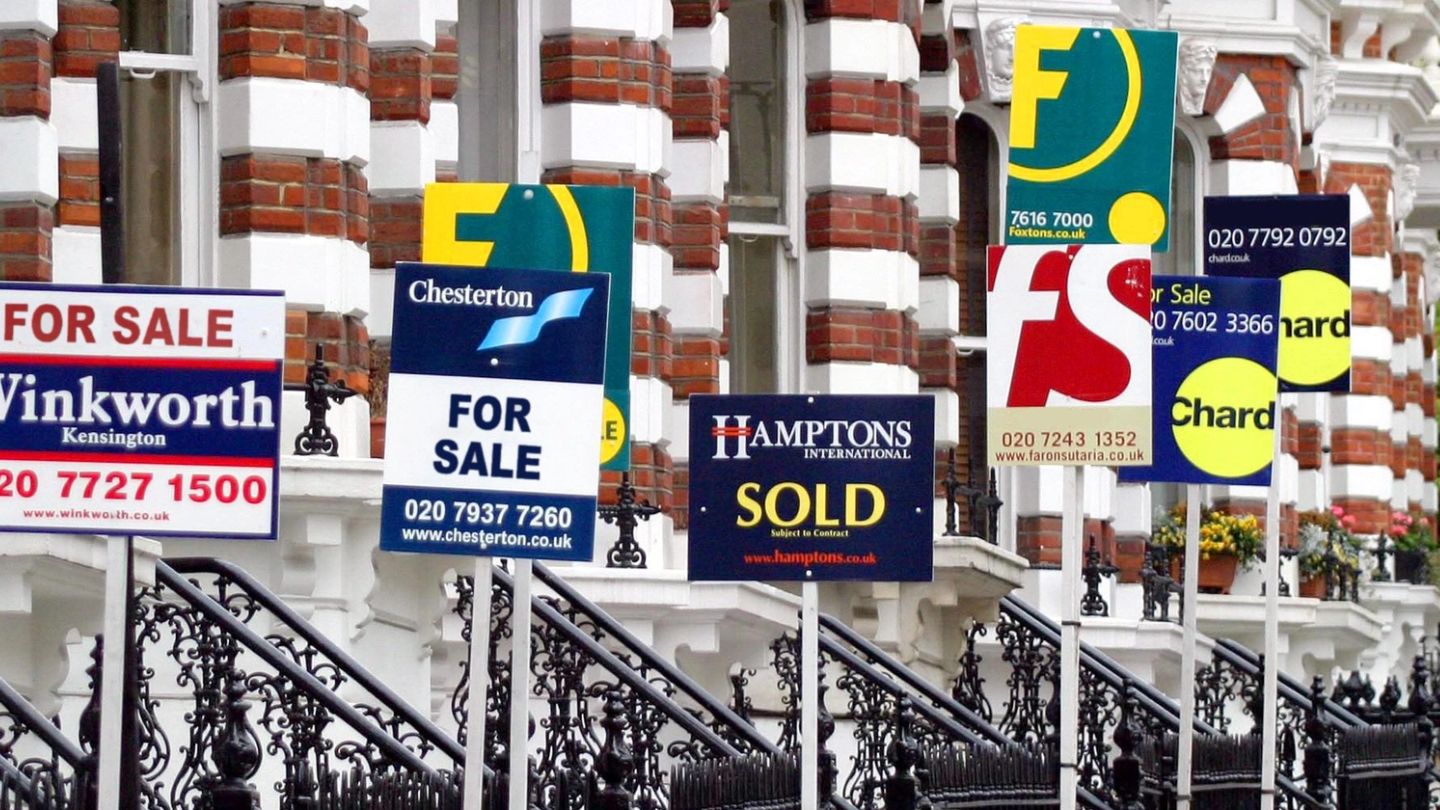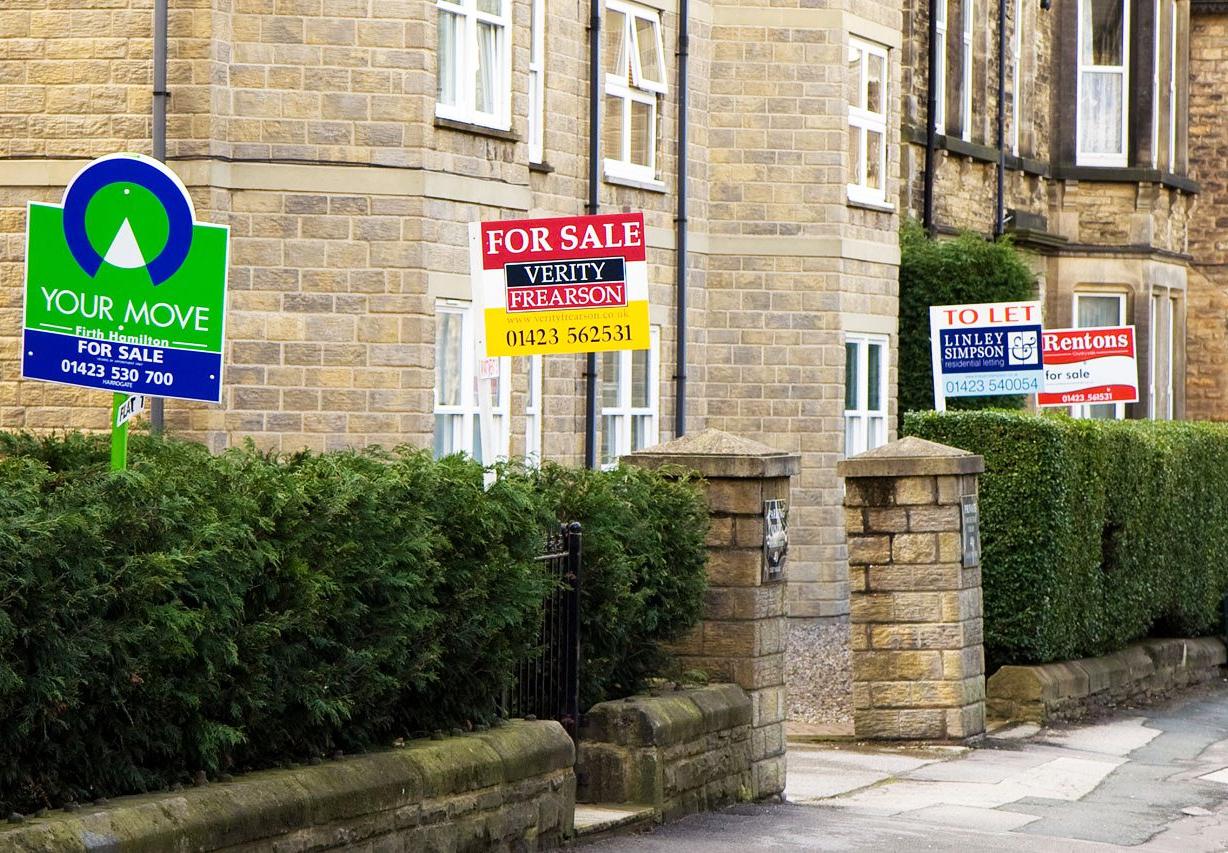

Words: Jonathan Wells
Lockdown’s not been all bad, has it? We’ve managed to escape inane water cooler chit-chat. There haven’t been any crammed carriages or traffic jams to contend with during our commutes. We’ve all even managed to save a considerable amount of cash, being forced to stay in every night.
But, for renters, it’s still been a challenge. Those of us who own our homes have been merrily whiling away the days doing DIY, repainting or remodelling our extra bedrooms to turn them into handy home offices. Renters, however, can’t so much as hammer a nail into the wall without riling their landlords. And it’s pushed many people in ‘Generation Rent’ to consider first-time buying.
But is now a good time? The housing market is in turmoil, the UK is plunging into the deepest recession since records began and thousands of jobs are teetering on the brink of uncertainty. To assuage any concerns, and get some expert answers to our questions, we asked the professionals: Is now a good time to get on the property ladder?
What impact has COVID had on the housing market for first-time buyers?
It’s the big question. We know what broad-strokes effects the pandemic has had on the housing market, but how has it impacted first-time buyers specifically?
“Initially, the pandemic made the property market stand still,” says Andrew Groocock, Regional Partner at Knight Frank. “But, once restrictions were lifted, pent-up demand resulted in increased stock for sale but also enormous competition for buyers.”
So, with more options, does that mean more people buying? According to Knight Frank’s data, it does. The number of new prospective buyers registering between 8 July and 3 August this year has been 100% higher than the five-year average. But that’s only half the story. The desire may be there, but the financial situation is still making the reality of first-time buying very difficult.
“The biggest impact of COVID for first-time buyers has been that lenders have raised their deposit requirements for mortgages,” explains Lawrence Bowles, of Savills’ Residential Research team. “The vast majority of loans for people with a 5% deposit have been taken off the market, which makes it harder for first-time buyers with limited savings to access home ownership.”
It’s true. Even though banks such as Nationwide made headlines last month by reintroducing 10% deposit loans for first-time buyers, there was a catch. The loans had a maximum term of just 25 years, which pushed the monthly repayments up. In a period of uncertain employment, that’s not ideal.
Will the stamp duty holiday make much of a difference for first-time buyers?

One of Chancellor Rishi Sunak’s most heralded, celebrated moves of the pandemic was to temporarily cut stamp duty. This holiday — which means there is no charge on properties worth up to £500,000 until 31 March 2021 — will save the average homebuyer over £2,000. This week, Robert Jenrick, Secretary of State for Housing, tweeted that “there has been a 45% rise in the number of first-time buyers compared to this time last year”. But is this, as he suggests, all thanks to the stamp duty holiday?
“The stamp duty holiday will help some first-time buyers a bit,” considers Savills’ Lawrence Bowles, “and particularly in higher value areas such as London. But, in most parts of the country, first-time buyers were paying little to no stamp duty anyway because of First-Time Buyers’ Relief.”
"Most first-time buyers were paying little to no stamp duty anyway..."
The holiday, adds Knight Frank’s Andrew Groocock, has done more to stimulate the whole market in general, rather than specifically at a first-time buyer level — as Jenrick tweeted.
“It has brought further confidence to the market and encouraged more people to sell,” explains Groocock. “According to Knight Frank data, the number of offers accepted in UK markets between 8 July and 3 August was 146% above the five-year average for properties valued at less than £1.5 million — the section of the market where the impact of the holiday would be felt most.”
What are the long-term implications if you decide to get on the property ladder now?
So the stamp duty holiday, while exceedingly helpful for some, may not be the heaven-sent sign first-time buyers have been waiting for. But it’s still persuaded some. With the influx of activity in the housing market, a handful of first-time buyers have been flocking to their estate agents. But, in the long term, will getting on the property ladder now prove to be a mistake?
“Much depends on how long you plan to stay on that particular rung of the property ladder,” says Savills’ Lawrence Bowles. “On the one hand, rising unemployment and a shrinking economy normally point to house price falls in the near term. On the other hand, mortgage rates are around the lowest they’ve ever been — so it’s a good time to lock into a mortgage.”
And, Bowles adds, monthly housing costs for homeowners are considerably lower than renting in most cases. So, while there might be some volatility in the short term, if you’re planning to stay in your new home for more than just a couple of years, price appreciation and that monthly cost saving could eventually leave you in a better position financially.
“And getting on the property ladder now means you have the ability to push yourself up the ladder,” adds Knight Frank’s Andrew Groocock. “For example, perhaps you can now afford a two bedroom flat instead of a one bedroom. You can then sit tight in that property for 5-8 years before selling, instead of the usual 3-4, meaning that’s one less move you’ll have to do in your lifetime.”
So, what sort of properties should first time buyers be considering?

Groocock’s plan makes sense. Buy bigger than you need when it’s cheaper to do so, and you’ll have to uproot yourself fewer times in life — and get a better deal in the first place. “I would always advise buying the largest, best property you can in the area you can afford,” he advises. But, as many companies move towards a working-from-home model permanently, is the type of property we need changing?
“We’ve seen less demand for homes without access to outdoor space and enough room to work from home,” corroborates Lawrence Bowles. “Studio flats are less likely to fit the bill. And it all depends on how much the property costs.”
"I would always advise buying the largest property you can in the area you can afford..."
“With mortgage finance difficult to get hold of,” he continues, “routes to home ownership that attract some kind of government subsidy will look more attractive. You can get a 20% equity loan from government using Help to Buy (40% in London), which means a bank will look at you as if you have a 25% deposit (45% in London) rather than just 5%. That makes getting the mortgage considerably easier.”
Shared ownership, too, is another scheme that may sway first-time buyers towards a particular type of property. This route onto the property ladder allows first-time buyers to purchase ‘half a home’ and pay a discounted rent on the rest. Later on, when you’ve built your savings back up, you can “staircase”, buying additional shares until you own 100% of your home.
Which areas in the country should first-time buyers currently be looking at?
That’s the type of property and the choices of schemes for first-time buyers — but where in the country should new property owners look to be buying?
“Green spaces are a principal focus for buyers,” reveals Andrew Groocock. “Especially in London. So areas like Richmond and St John’s Wood are in high demand. For new build, a major selling point is how much space is designated to public realm.”
“If you’re looking for the greatest cost saving from the stamp duty holiday,” adds Lawrence Bowles, “that’ll be in higher value areas such as London and the South East. The average first-time buyer property value in London was £446,839 in March 2020. Someone buying their first home would have paid £7,342 in stamp duty before; during the holiday they will pay no stamp at all.”
Should you be moving fast? How long will the housing market be in this unique position for?

So the pros outweigh the cons, it seems. The housing market will likely continue to dip and dive for the foreseeable — but the schemes, holidays and move towards remote working look to put first-time buyers in a good position at the moment. But how long will this last? Should you move fast to avoid missing out?
“Remote work was already a growing trend before COVID struck,” Lawrence Bowles reassures. “But the pandemic will accelerate adoption among employers and drive demand for homes with faster internet connections and home offices rather than extra bedrooms. Our buyers are coming to us with a much bigger emphasis on access to outdoor space and plans to work from home more frequently.”
It’s a trend that Andrew Groocock at Knight Frank has also identified. But he also points out that first-time buying now, before the turbulence of redundancies and unemployment settle down, may not be the wisest move to make.
“We must prepare for the possibility of unemployment levels rising after furlough ends and the impact of that on the market,” Groocock warns. “I think that we could be in for a bit of a rollercoaster.”
Want more property advice? We ask them experts if now is the time to move to the countryside…
Become a Gentleman’s Journal member. Find out more here.


